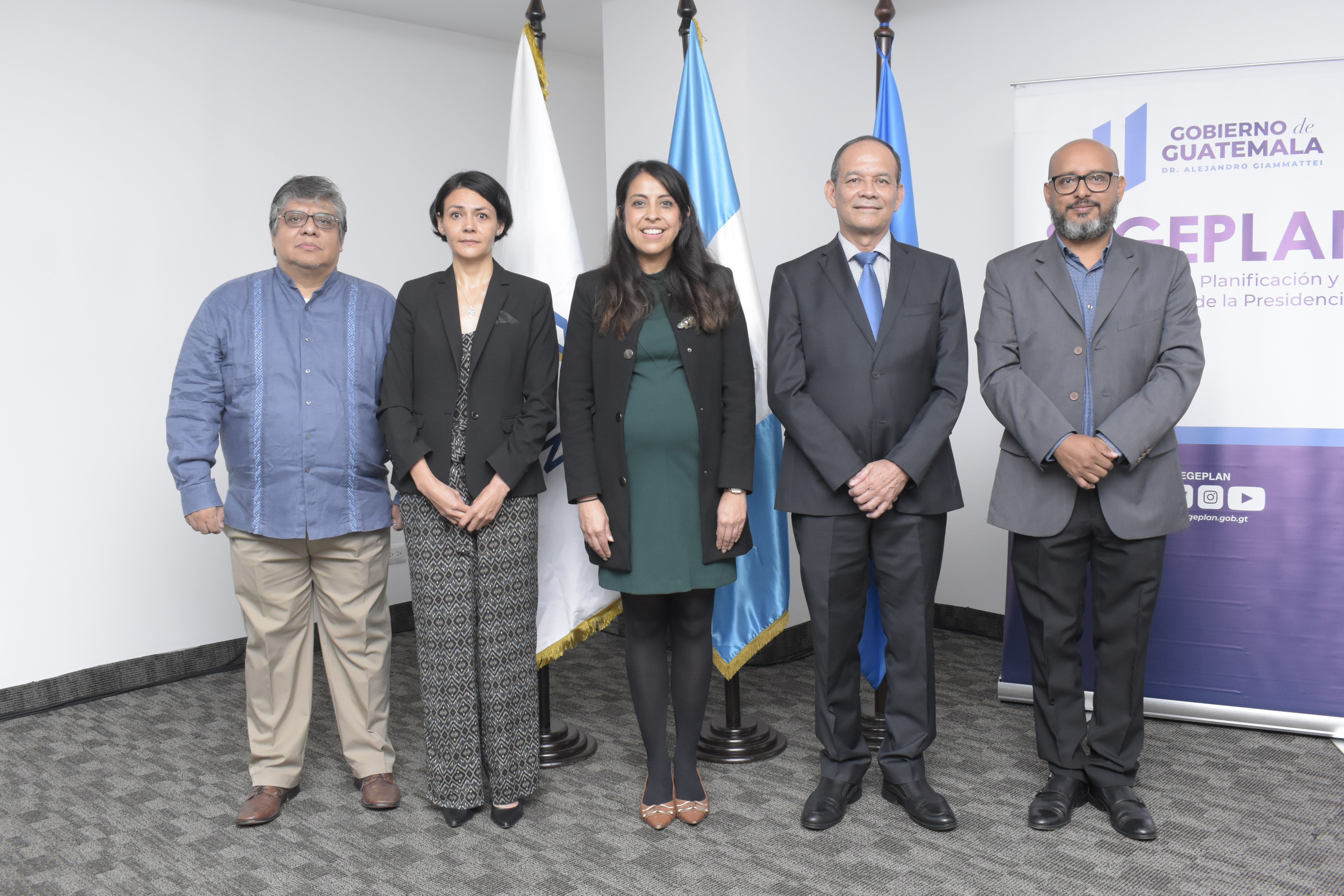The Importance of Carrying Out Socioeconomic and Ecological Evaluations in Public Investment Projects is Stressed
Work area(s)
Topic(s)
A workshop on Socioeconomic and Ecological Evaluation for public investment projects with the incorporation of elements of Disaster Risk Reduction and Sustainable and Inclusive Adaptation to Climate Change from the RIDASICC project began in Guatemala.

Guatemala City, Guatemala. In the framework of the RIDASICC project, the Socioeconomic and Ecological Evaluation workshop for public investment projects with the incorporation of elements from RIDASICC’s Disaster Risk Reduction and Sustainable and Inclusive Adaptation to Climate Change began today in Guatemala, in coordination with the Secretariat of Planning and Programming of the Presidency (SEGEPLAN) of Guatemala.
This event aims to strengthen the capacities of Guatemala’s public sector project formulators and evaluators in the process of socioeconomic and ecological evaluation of public investment projects to bolster technical knowledge and achieve greater integration of disaster risk reduction and sustainable and inclusive adaptation to climate change in that knowledge.
Accompanying the start of the workshop were Marco Tulio Leonardo Bailón, Subsecretary of Investment for Development of SEGEPLAN, in person, and Julie Lennox, Head of ECLAC’s Agricultural Development and Climate Change Unit and Coordinator of the RIDASICC project, who participated by virtual means.
Subsecretary Marco Tulio Leonardo welcomed the participants and indicated that public investment projects must seek the efficiency of allocated resources while maximizing the social impact. He explained that SEGEPLAN has updated the guide for formulating and evaluating public investment projects and the aim is that through this, socioeconomic analysis will be gradually included in the selection and prioritization of investment projects.
He explained that it is necessary to strengthen the capacities of public sector formulators and evaluators in Guatemala to bolster technical knowledge and achieve greater integration in project evaluation. He recognized the relevance of institutional partnerships focused on strengthening the capacities of national public investment systems, incorporating and consolidating a comprehensive view of the financial and economic evaluation of investment projects.
Meanwhile, Julie Lennox pointed to the long history of collaboration and learning that ECLAC has with institutions in diverse sectors of the Government of Guatemala, including SEGEPLAN. She thanked them for the contribution they are making to efforts to protect the country’s public infrastructure and to ensure better provision of its services to the population.
Furthermore, she mentioned that in the years of work with Guatemala and the project’s other partner countries, they have found diverse experiences and efforts by project formulators and professionals from other fields who are preparing and paving the way to integrate disaster risk reduction and climate change in public investment projects. She emphasized the important existing knowledge and indicated that RIDASICC is a joint effort in which all the knowledge that the governments’ technical teams have is appreciated and recognized.
The workshop is bringing together more than 40 professionals from Guatemala’s government who in the coming days will strengthen their knowledge of general concepts on the economic, social and ecological evaluation of public investment projects and disaster risk reduction (DRR) and sustainable and inclusive adaptation to climate change (SIACC); introduction to identification, formulation and evaluation with the incorporation of DRR-SIACC in public investment projects; economic, social and ecological evaluation of public investment projects; and determination of the costs and benefits of incorporating DRR and SIACC through profitability indicators.
The workshop is being organized by ECLAC in conjunction with SEGEPLAN.
About RIDASICC
ECLAC and the Executive Secretariat of the Council of Finance Ministers of Central America, Panama, and the Dominican Republic (COSEFIN) with the active participation of the seven Finance Ministries and three Planning Ministries or Secretariats responsible for the National Public Investment Systems (SNIPs) of the member countries of COSEFIN/SICA are implementing the RIDASICC project with financing from the Swiss Agency for Development and Cooperation in Central America (COSUDE).
Focused on strengthening capacities, RIDASICC has interconnected components for training with a “learning by doing” approach, strengthening of methodological guides, the generation of tools, pilot projects and strengthening of systems for the geographic information needed to formulate and evaluate public investment projects.
The project combines actions at a national level focused on strengthening the capacities of the SNIPs, including departments and entities of prioritized sectors and specialized institutions, with actions at a regional level to strengthen the capacities of bodies belonging to the Central American Integration System (SICA), including COSEFIN, the Sectoral Council of Transportation Ministers of Central America of the Secretariat for Central American Economic Integration (COMITRAN/SIECA), the Coordination Center for Disaster Prevention in Central America and the Dominican Republic (CEPREDENAC), the Regional Committee on Hydraulic Resources (CRRH) and the General Secretariat of SICA.
Subregional headquarter(s) and office(s)
Country(ies)
-
Costa Rica
-
Guatemala
-
Honduras
-
Nicaragua
-
Panama
-
Dominican Republic
-
El Salvador
